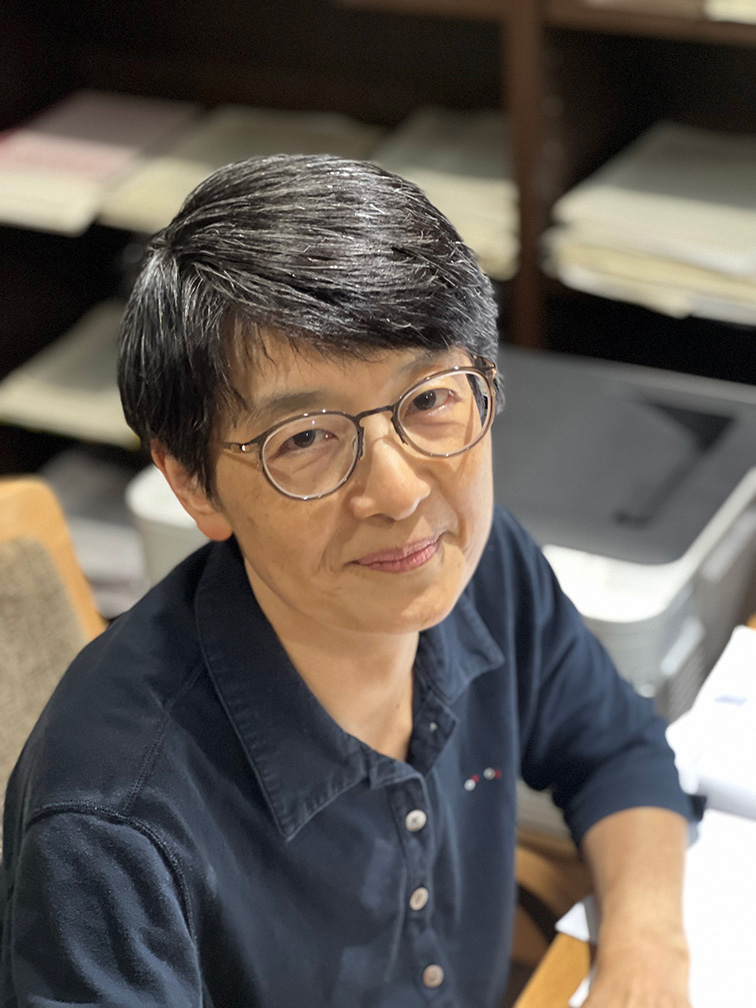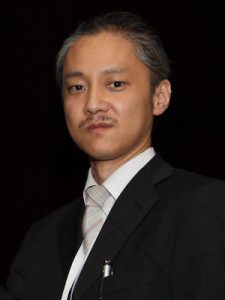Professor
By analyzing observational data of various earthquakes ranging from huge earthquakes to minor ones, I work to clarify dynamic rupture process of earthquakes and structural heterogeneity around seismic sources, and estimate friction and fracture conditions that control rupture process.
My work combines a range of different techniques in structural geology and petrology to understand how subduction zones and domains of continental collision develop.

My goal is to understand the structure and dynamics in the solid Earth based on microscopic elementary processes in rocks.
We study 1) structure, property, and dynamics of the Earth’s interior and 2) the formation and evolution of our planet, based on ultrahigh pressure and temperature experiments using laser-heated diamond-anvil cell.
Associate Professor
We often uses numerical modeling and simulations to describe observed phenomena with underlying basic elements. We have been recently successful in development of a simple model that can describe a wide variety of slow earthquake phenomena.
固体地球惑星がどのようにして現在の姿に至ったか,その進化を地質学(フィールドワーク)・年代学・地球化学を用いて調べています。特に、次のような研究テーマに取り組んでいます。「大陸地殻の起源と成長史」「初期地球進化」「惑星の集積及び化学分化」「微量元素及び同位体分析法の開発」
How is the Earth’s interior? How has the Earth evolved? In order to answer these questions we study the Earth’s deep interior. Analyzing observed seismic waveforms on the surface, we infer seismological structure (three-dimensional perturbation of density and seismic velocity) in the Earth.
Assistant Professor
Computer simulations of low-viscosity Earth-type dynamos. Origins of geomagnetic field time variations.

